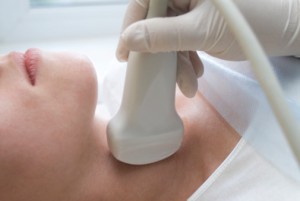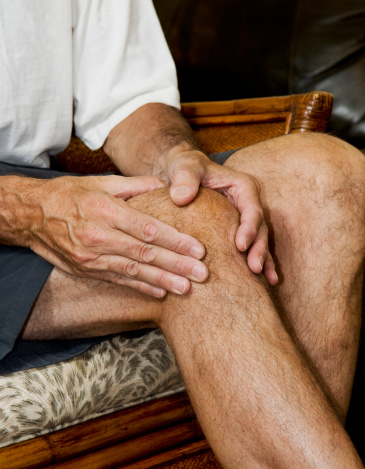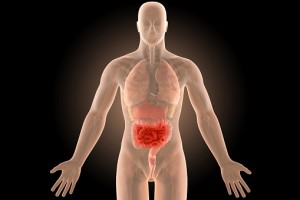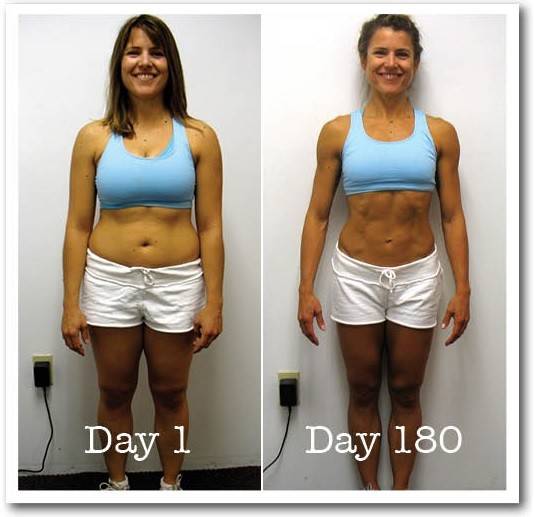Hypothyroidism, Hashimoto’s thyroiditis link to rheumatoid arthritis and increased depression symptoms
 Hypothyroidism and Hashimoto’s thyroiditis is linked to rheumatoid arthritis and increased depression symptoms. It is well known that if a person has one autoimmune disease their risk of developing another is much greater compared to those individuals without an autoimmune disease.
Hypothyroidism and Hashimoto’s thyroiditis is linked to rheumatoid arthritis and increased depression symptoms. It is well known that if a person has one autoimmune disease their risk of developing another is much greater compared to those individuals without an autoimmune disease.
Individuals with rheumatoid arthritis are more likely to develop hypothyroidism (underactive thyroid) or Hashimoto thyroiditis, and vice versa. Rheumatoid arthritis is a condition in which the body’s immune system wrongfully attacks its own joints, causing pain, stiffness, and redness. Hashimoto’s thyroiditis is also an autoimmune disease, but in this case the immune system attacks the thyroid cells that impact the thyroid gland’s ability to produce hormones, thus contributing to an underactive thyroid.
Symptoms of hypothyroidism include fatigue, joint and muscle pain, and depression, which can all be seen in rheumatoid arthritis as well, so the two conditions are often confused with each other until further testing is done to confirm diagnosis.
It is not fully understood how rheumatoid arthritis and hypothyroidism and Hashimoto’s thyroiditis are connected, but some research has shown that they do share some common genes, which increases a person’s risk of developing an autoimmune disease. Other studies have found that individuals who take medication for rheumatoid arthritis are at a higher risk for hypothyroidism.
Two other studies have shown that individuals with Hashimoto’s thyroiditis have a greater risk of developing rheumatoid arthritis and symptoms of depression. The researchers found that patients taking thyroxine had double the risk of non-rheumatoid arthritis. They also uncovered genetic links between Hashimoto’s thyroiditis and rheumatoid arthritis.
German researchers examined the responses from patients with hypothyroidism to highly strategic questions regarding mood and other quality of life indicators. The researchers found that patients with a TSH in the high end of ‘normal’ reported greater symptoms of tiredness, depression, and reduced well-being. Hashimoto’s patients also reported higher rates of depression.
All the research points to a connection between hypothyroidism, Hashimoto’s thyroiditis, and rheumatoid arthritis. The more studies come about with regards to this connection, the better the odds are that one day researchers will have treatments and prevention tips.
Hypothyroidism can trigger weight gain and treatment does not result in weight loss
Hypothyroidism – an underactive thyroid – can trigger weight gain, but treating the thyroid condition does not necessarily result in weight loss. The thyroid is a butterfly-shaped gland located at the base of the neck and is responsible for the production of many essential hormones that affect different areas of the body – including metabolism and weight. Continue reading…
-
Healthy Foods For Vegetarians
Unlike meat, vegetables do not contain cholesterol or any saturated
-
Weight Loss Products And Weight Loss Programs- The Best To Lose Weight!
Weight gain is the biggest problem the entire world is facing. There
-
A New Weight Loss Drug?
A new weight-loss drug that is awaiting approval from th
-
Working Moms and Losing Weight
As a busy working mother, I dont have a
-
Avoid 'More Slim' Weight Loss Products
Health Canada is advising consumers not to use More Slim due to concer
-
The Fruits And Veggies That May Actually Help You Lose Weight
For anyone stricken with the dreaded middle-age spread, the wa
- DON'T MISS
- Low Carb Diets for Beginners
- Fat Burning Furnace Scam Summary
- Dr. Oz: What Are The Most Common Weight Loss Mistakes? [EXCLUSIVE INTERVIEW]
- Celebrity Weight-Loss Secrets We Totally Approve Of
- Find Success In Your Weight Loss Efforts
- Why’s HCG diet more advanced than several other weight loss diets?
- Losing Weight Safely For That Special Day
- Lose Weight by Jumping Rope
- Nuratrim Review – Effective Ways To Shed Excess Body Weight Swiftly With A Natural And Clinically Proven Fat Burning Pill And Appetite Suppressant
- Dieter’s beloved HCG diet regime




